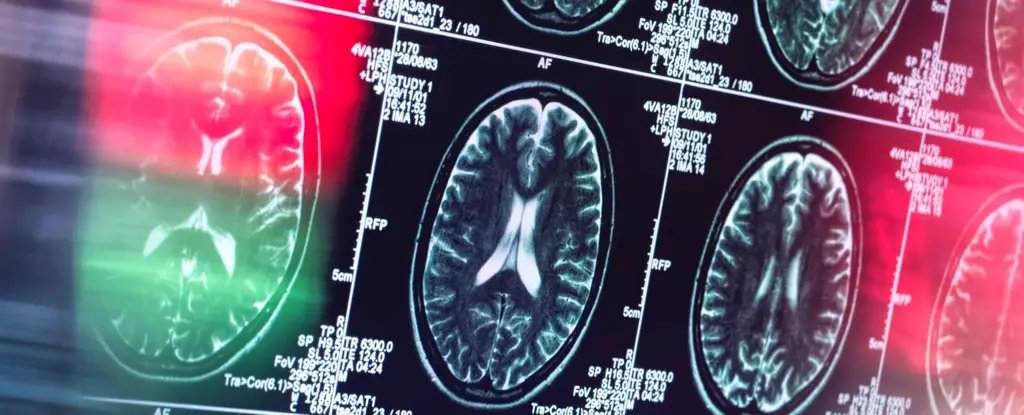One of the most recent studies conducted by researchers at Stanford University has shed light on dysfunctions within two specific brain systems in individuals suffering from psychosis. The study focused on understanding how these dysfunctions contribute to the symptoms of psychosis, such as hallucinations and delusions. By pinpointing these specific brain systems, researchers hope to develop better treatments and interventions for psychosis and related mental health conditions.
The team of researchers led by cognitive neuroscientist Kaustubh Supekar examined brain scans of 445 individuals with various conditions, including autism, ADHD, early psychosis, and 22q11.2 deletion syndrome. By using a machine learning algorithm, the researchers were able to identify differences in brain function between these groups and healthy controls. The study revealed abnormalities in the anterior insula and the ventral striatum, which play crucial roles in attention filtering and reward processing.
Insights into Psychosis Development
The study findings not only provide valuable insights into the mechanisms underlying psychosis but also offer a potential model for understanding the development and progression of schizophrenia. The identification of consistent brain signatures in individuals with psychosis, including those with 22q11.2 deletion syndrome, highlights the importance of early intervention and targeted treatments. By focusing on specific brain centers implicated in psychosis, such as the salience network and dopamine-driven pathways, researchers aim to improve the accuracy and efficacy of existing treatment approaches.
One of the key challenges in treating psychosis is the difficulty in assessing the effectiveness of different interventions on the brain. However, the findings of this study offer a promising avenue for developing targeted treatments that focus on the underlying neurobiological mechanisms of psychosis. By adapting existing approaches, such as transcranial magnetic stimulation and focused ultrasound, to target the specific brain regions implicated in psychosis, researchers hope to improve outcomes for individuals at risk of developing the condition.
The groundbreaking study conducted by researchers at Stanford University has provided valuable insights into the brain dysfunctions associated with psychosis. By identifying specific brain systems involved in attention filtering and reward prediction, the study offers new avenues for exploring the development and treatment of psychosis. The findings not only have implications for understanding schizophrenia but also emphasize the importance of approaching individuals with psychosis with compassion and support.Overall, the study represents a significant step towards unraveling the complexities of psychosis and improving outcomes for those affected by this debilitating condition.

Leave a Reply